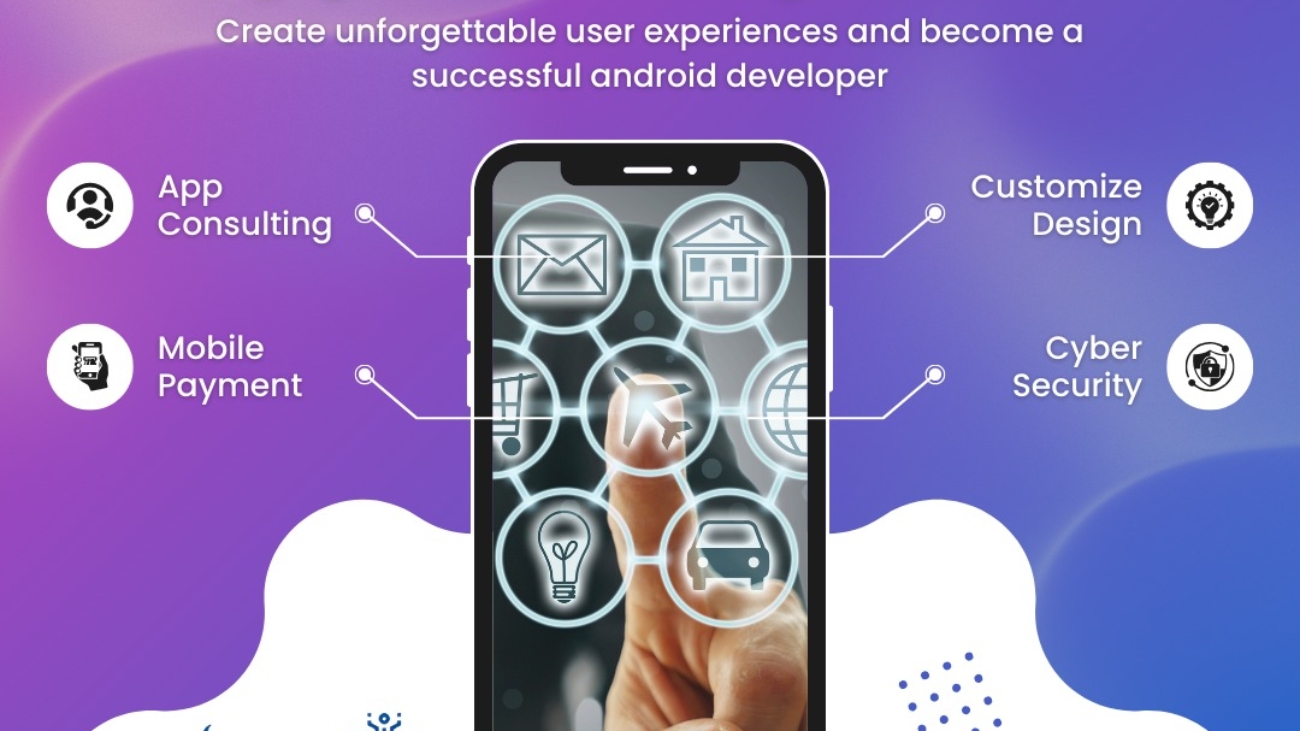Unlocking the Power of Mobile Apps: A Deep Dive into Building for Android
In today’s digital age, mobile applications have become an integral part of our daily lives. As smartphones continue to evolve, the need for high-quality apps grows exponentially. Developing apps for Android offers vast opportunities for both novice developers and seasoned professionals to create innovative, user-friendly experiences. If you’re considering entering the world of mobile app development, Android is an excellent platform to start with.
Why Choose Android for Mobile App Development?
One of the primary reasons for opting to build apps for the Android platform is its enormous global user base. Android runs on a wide variety of devices, from budget-friendly smartphones to high-end flagship models. This extensive market share provides developers with the opportunity to reach millions of users worldwide.
Another key factor is the flexibility of the Android ecosystem. It allows developers to access a rich set of tools, libraries, and frameworks, which can accelerate the development process. Whether you’re building an e-commerce app, a gaming application, or a productivity tool, Android provides all the necessary resources.
Key Tools and Technologies for Mobile App Creation
To create a seamless experience, developers need to leverage the right tools. The most popular tool for building apps for Android is Android Studio. It’s an integrated development environment (IDE) that offers powerful features like code completion, debugging, and performance analysis. Using Java or Kotlin, developers can build feature-rich applications with ease.
In addition to Android Studio, there are various libraries and frameworks that streamline tasks like data storage, user authentication, and UI design. These include Retrofit for API integration, Firebase for real-time databases, and Jetpack for simplifying Android app architecture.
Best Practices for Creating Top-Notch Apps
Building a high-performance app is not just about writing code; it’s about creating an experience that users will love. Here are a few best practices to follow when developing apps for Android devices:
- Prioritize User Interface (UI) Design: A clean, intuitive design ensures that users have an enjoyable experience. Android offers a wealth of UI components to help you design smooth interfaces.
- Focus on Performance Optimization: Ensure your app runs smoothly by optimizing performance. This includes reducing app size, managing memory efficiently, and minimizing battery usage.
- Responsive Layouts: With so many screen sizes across different devices, responsive layouts are crucial. Android provides tools like ConstraintLayout and responsive design patterns to help apps look great on any screen size.
- Security: Given the sensitive nature of personal data, ensuring security in your app is paramount. Use encryption, secure API calls, and other best practices to protect users’ privacy.
The Future of Android App Creation
The future of mobile app development is bright, with continuous advancements in AI, machine learning, and augmented reality (AR). These technologies are increasingly being integrated into apps to enhance user experiences. For example, Android’s support for ARCore allows developers to build immersive AR experiences right into their applications.
Furthermore, with the rise of foldable devices and 5G connectivity, developers must keep up with these innovations to stay ahead of the competition. Embracing the latest technologies will ensure that your app remains relevant and competitive in an ever-evolving market.
Conclusion
The world of mobile app development is rapidly expanding, and Android development stands at the forefront of this revolution. With its flexibility, accessibility, and global reach, it remains a top choice for developers looking to create powerful, engaging applications. Whether you’re a hobbyist or a professional, there are countless resources to help you succeed in the realm of mobile app creation. By following best practices and staying updated with the latest trends, you’ll be well on your way to building the next great mobile app for Android users.
for more references you can check our more courses and also check our partner sites for projects xsecurity.

